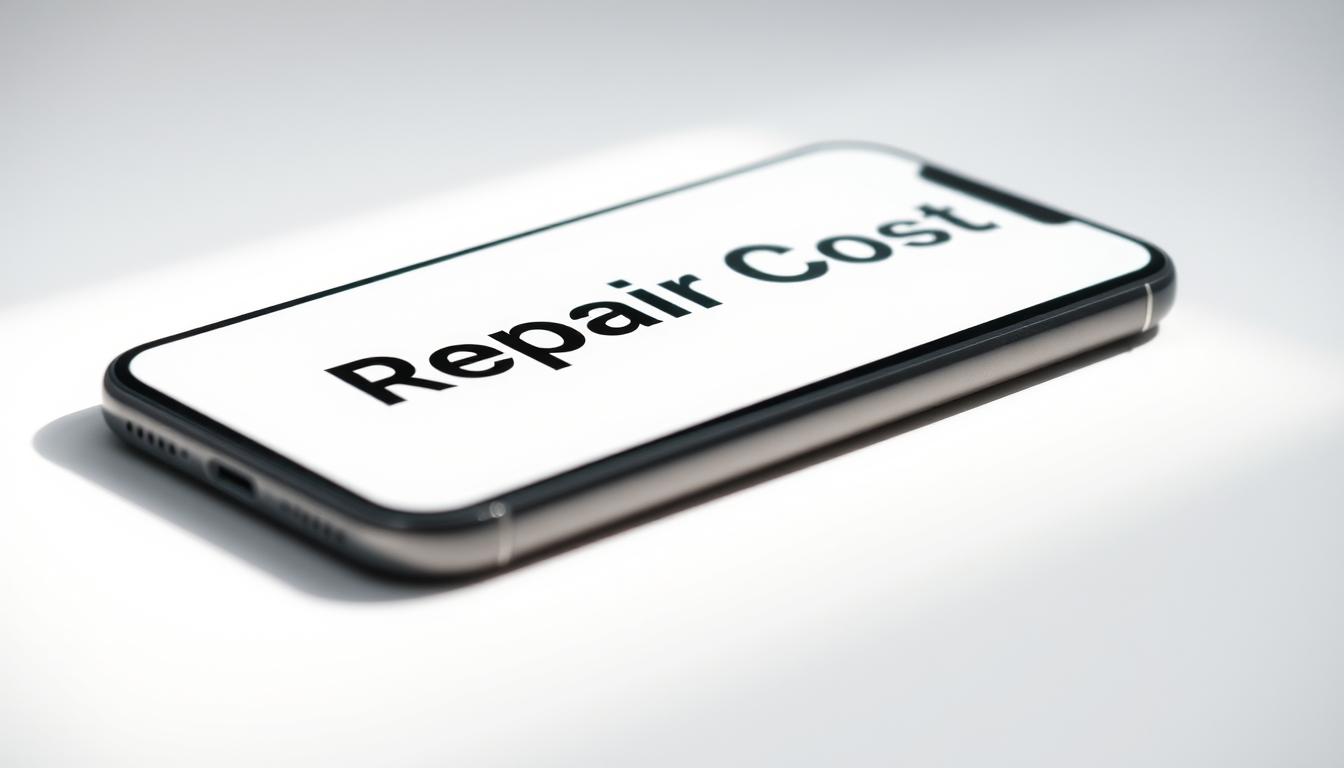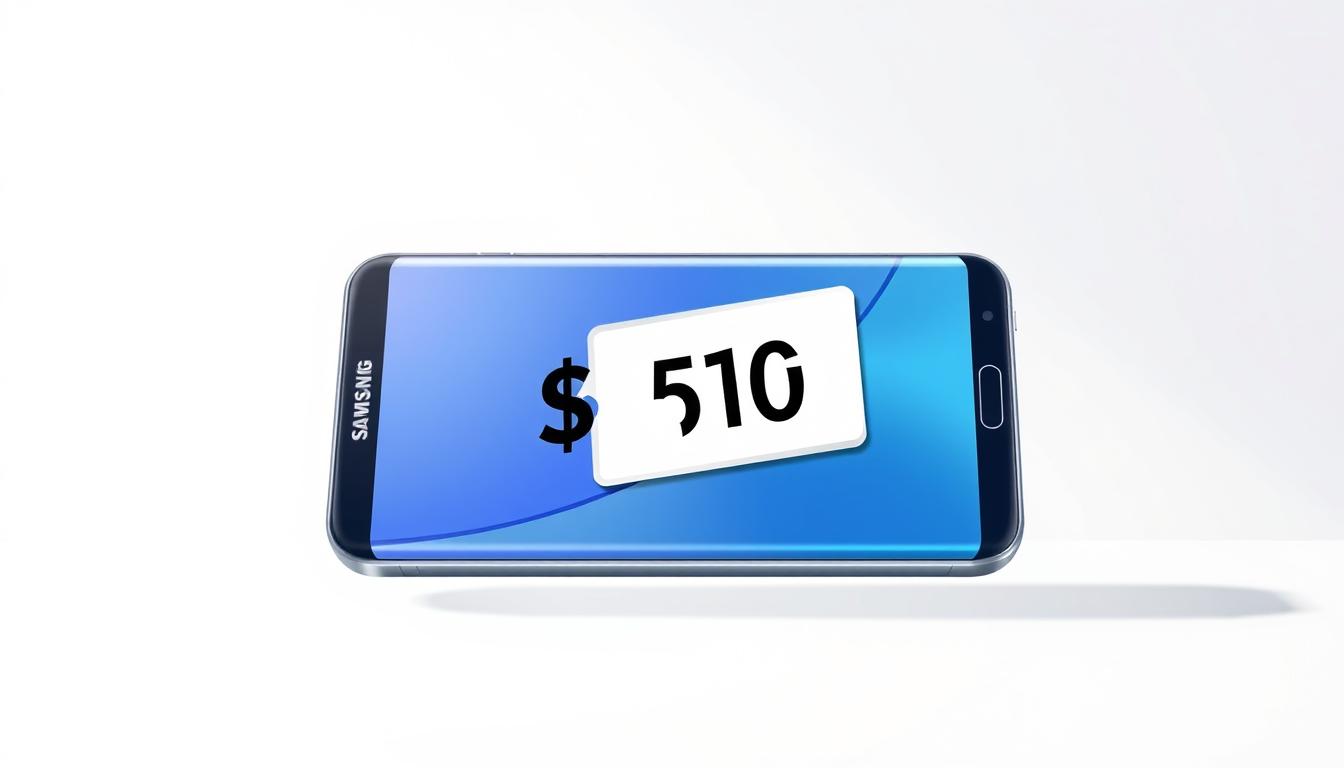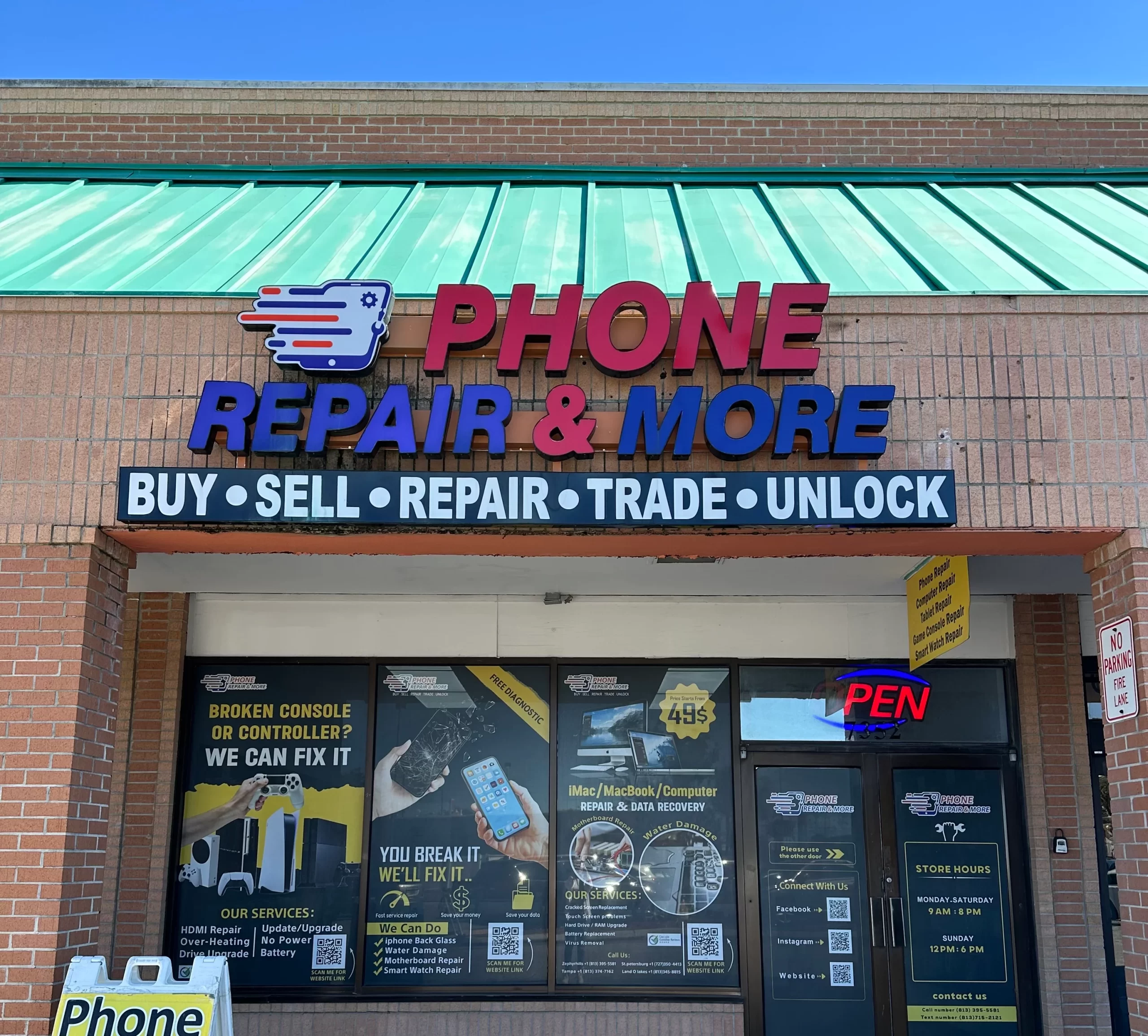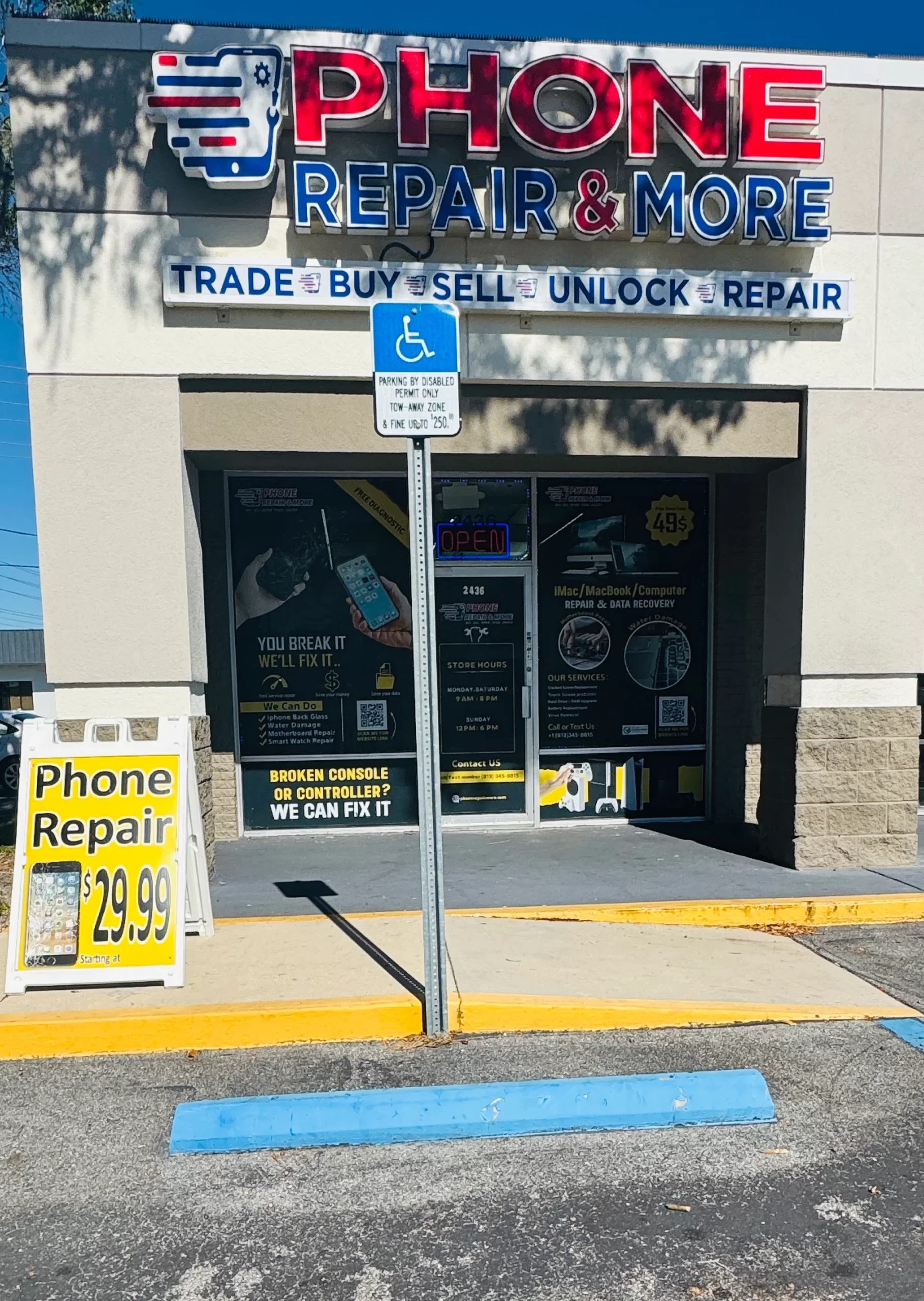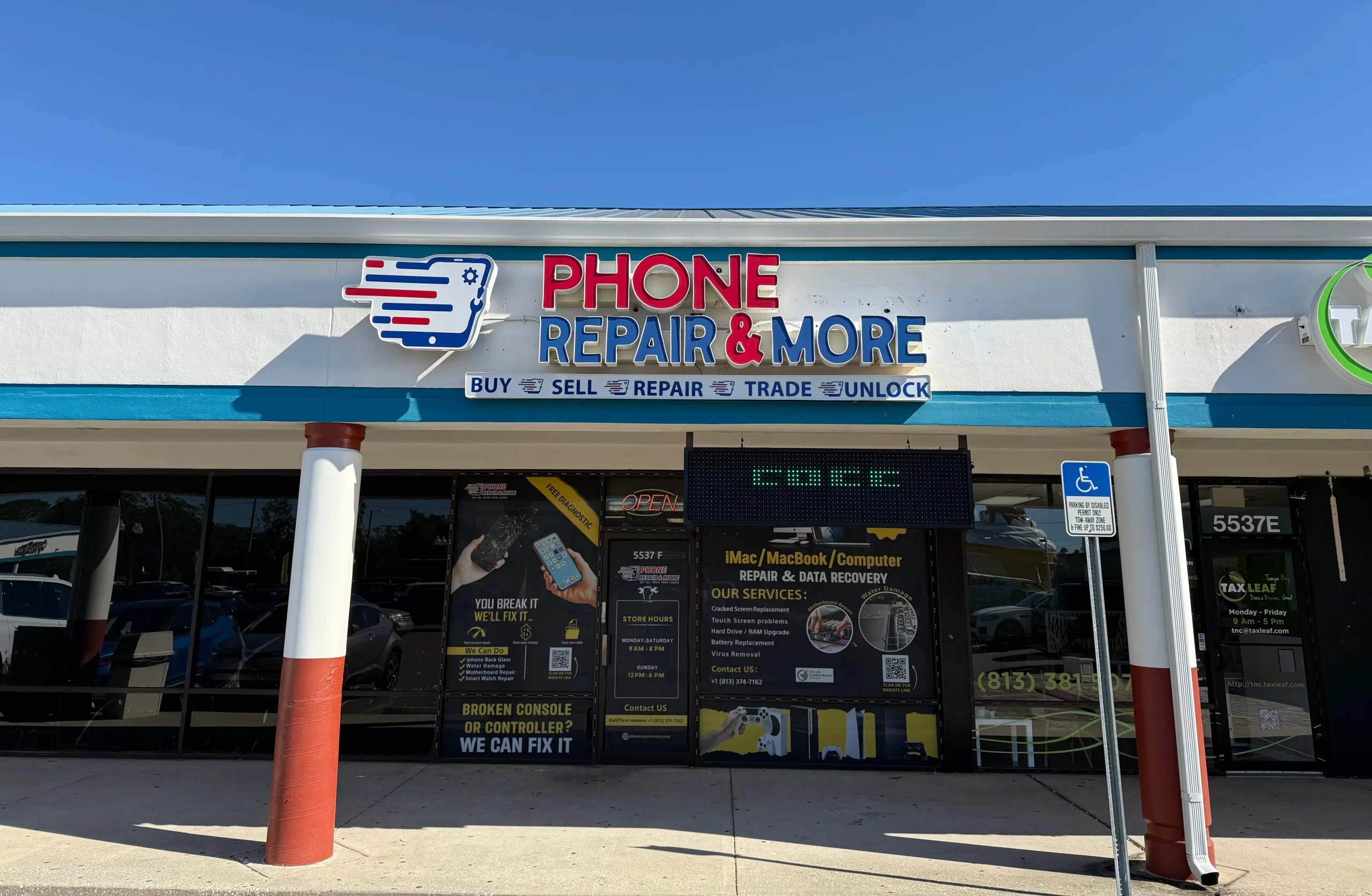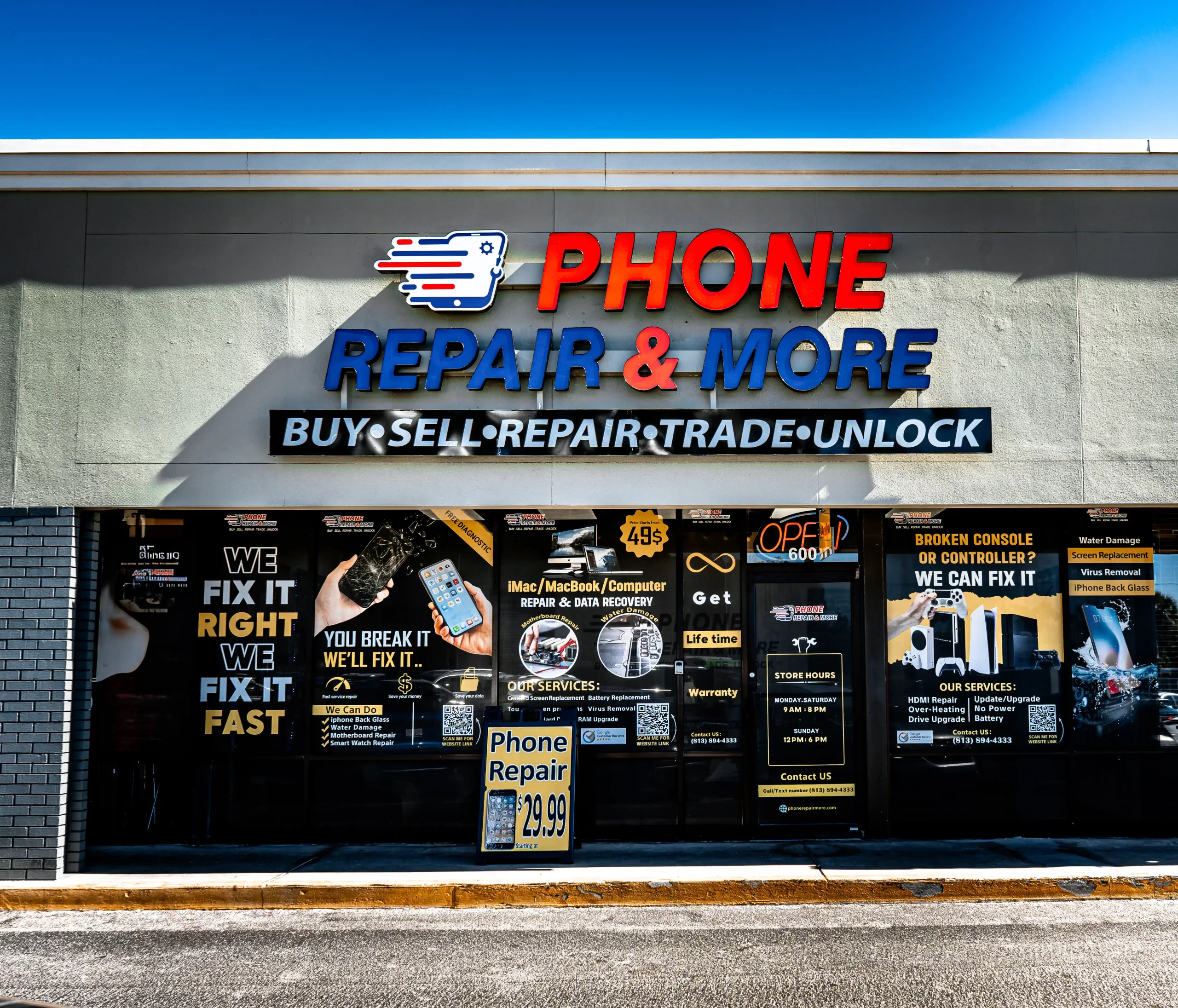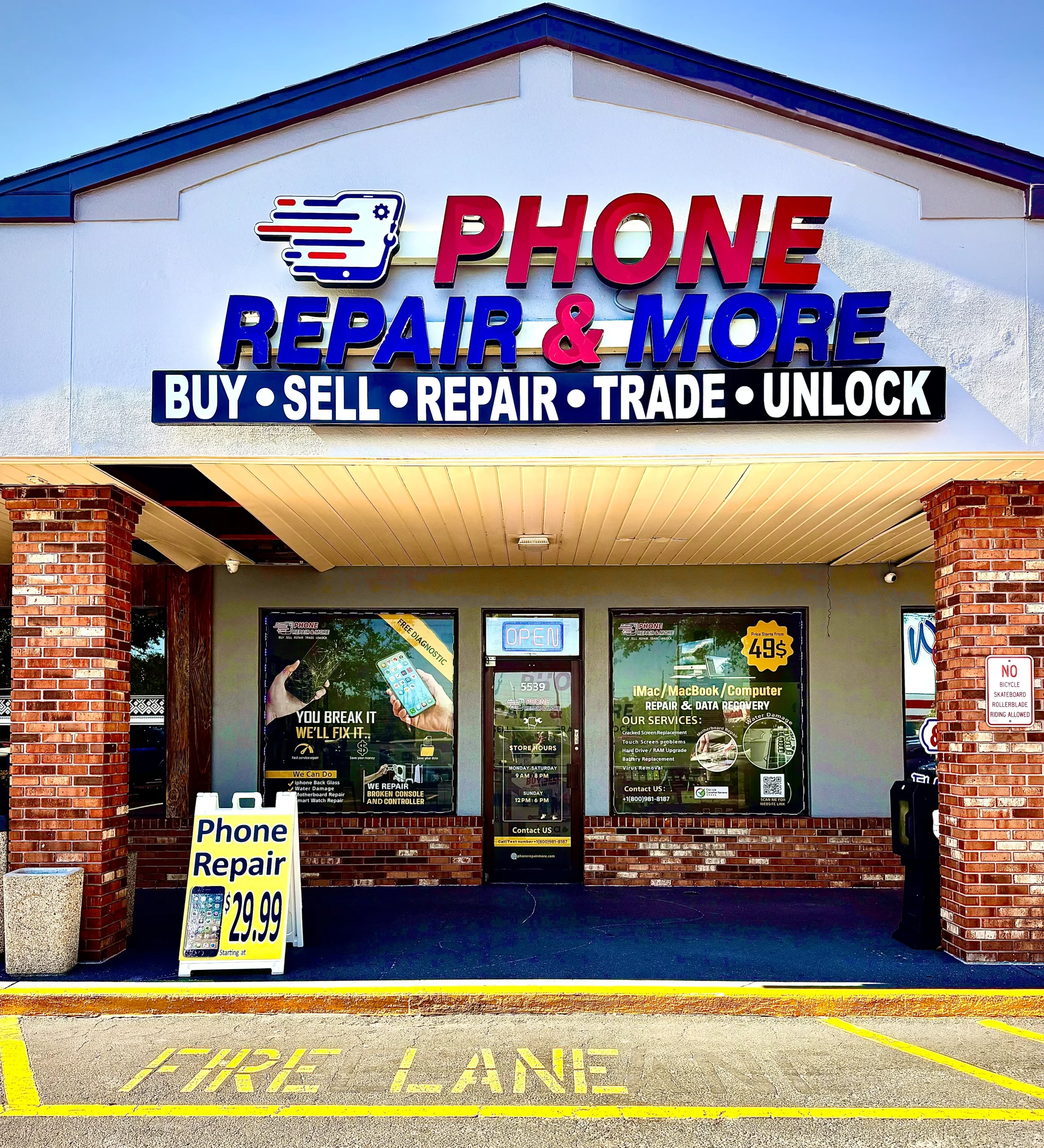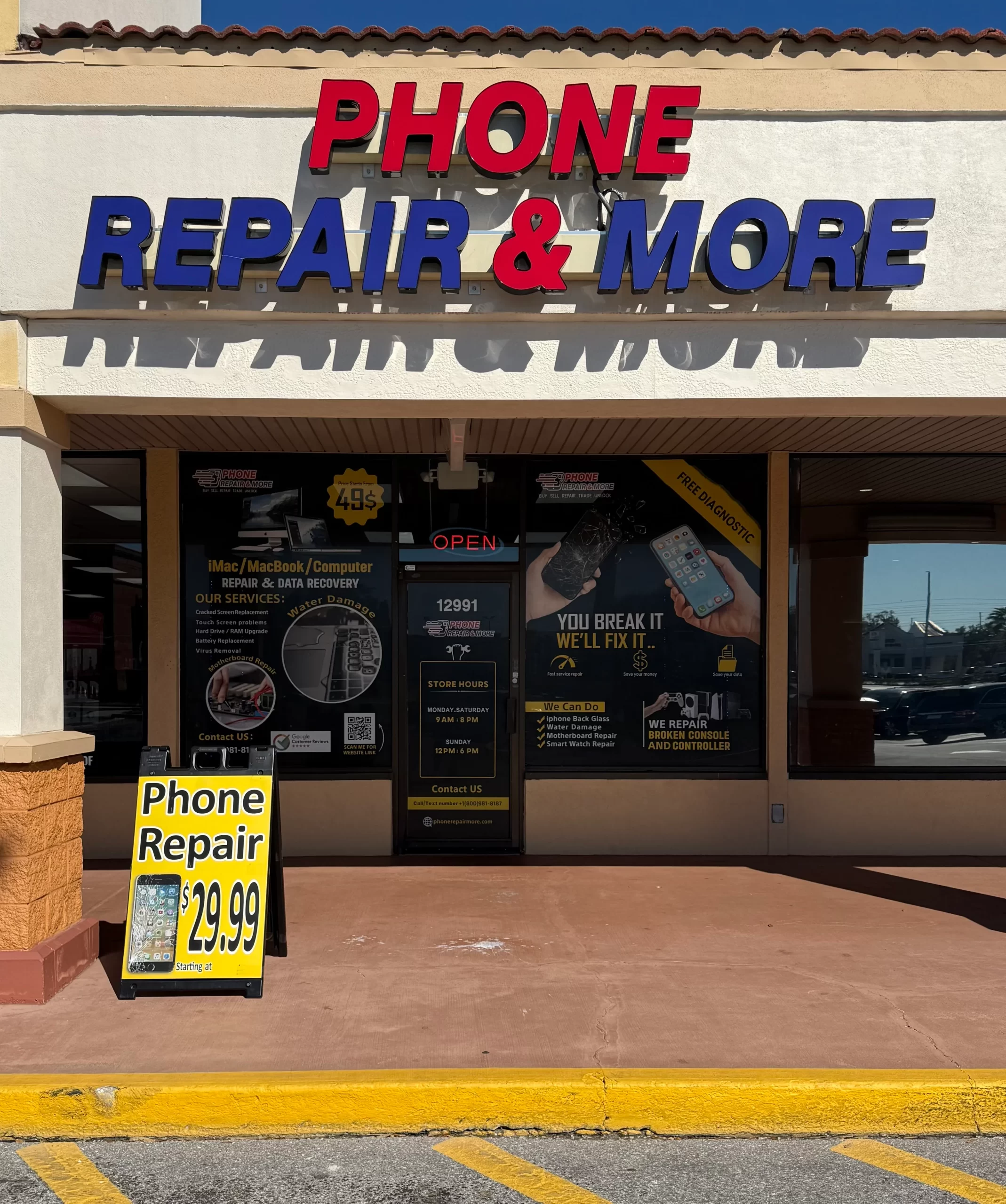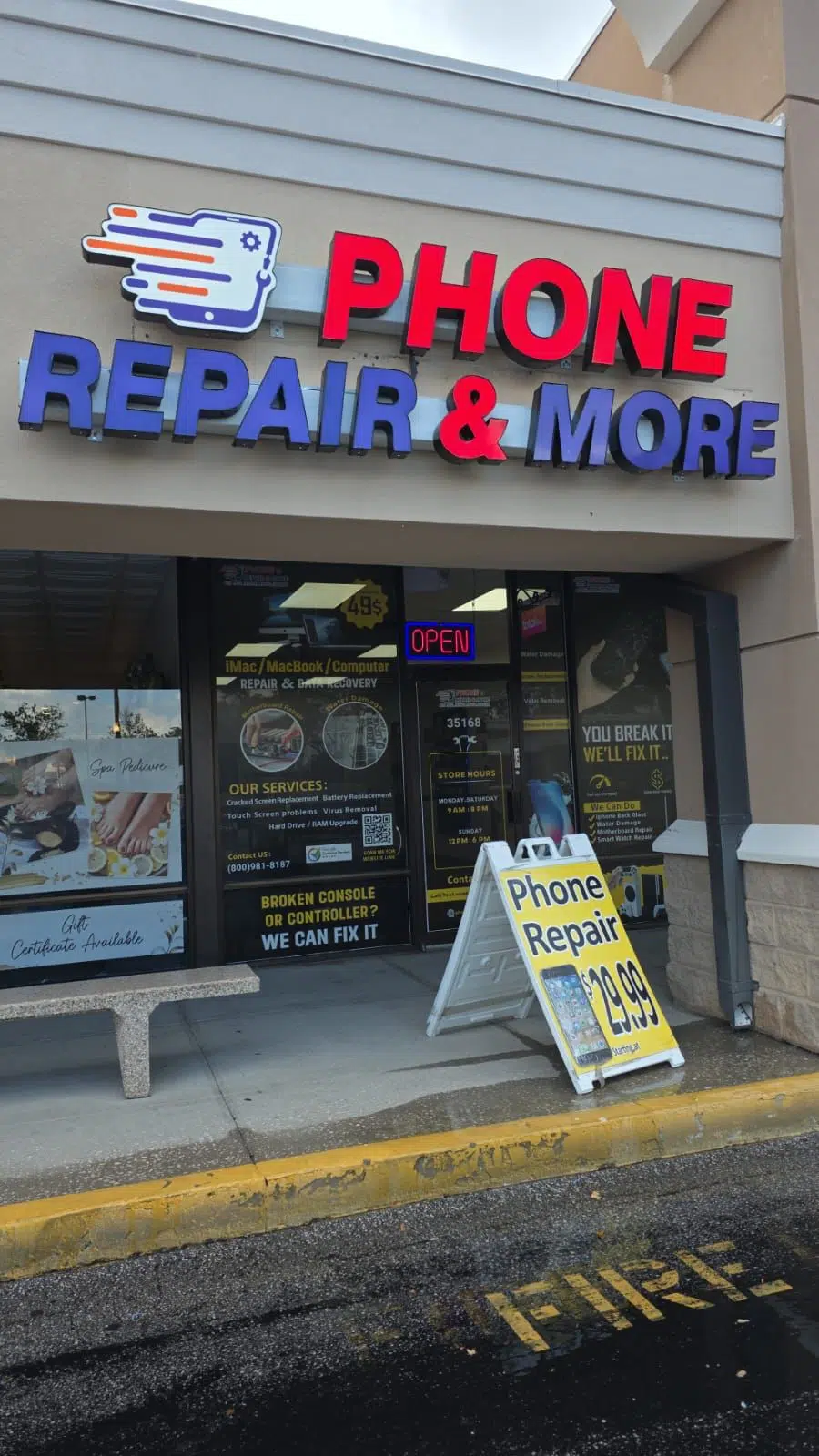Introduction
Is your iPhone acting up? Are you faced with a cracked screen, a malfunctioning camera, or a battery that drains faster than usual? When your beloved iPhone starts showing signs of wear and tear, it’s time to consider your options. Should you repair it or replace it altogether?
In this article, we will dive into the pros and cons of both repairing and replacing an iPhone. By the end, you’ll have a clearer understanding of which option is best for you. Let’s get started!
Table of Contents
- Repairing an iPhone
- Replacing an iPhone
- Key Takeaways
- FAQ
- Conclusion
Repairing an iPhone
Repairing an iPhone can be a cost-effective solution, especially if the issue is minor and can be easily fixed. Here are some advantages of repairing your iPhone:
- Cost savings: Repairing your iPhone is often cheaper than buying a new one. It allows you to fix specific issues without breaking the bank.
- Preserving data: Repairing your iPhone means you can keep all your photos, contacts, and apps intact. If you replace your iPhone, you’ll need to transfer everything to the new device.
- Environmental benefits: By opting to repair your iPhone, you contribute to reducing electronic waste. The longer you can use your device, the less impact it has on the environment.
However, there are some downsides to consider when repairing your iPhone:
- Limited warranty: Repairs typically come with a limited warranty, which means if the same issue occurs again, you may have to pay for another repair.
- Time-consuming: Repairing an iPhone can take time, especially if the issue is complex or requires ordering parts. If you need a functioning phone immediately, repairing may not be the best option.
- Age and compatibility: If your iPhone is several years old, it may become more challenging to find replacement parts. This can increase the cost of repairs or make it impossible to fix certain issues.
Replacing an iPhone
Replacing your iPhone comes with its own set of advantages and disadvantages. Here are some reasons why you might want to consider replacing your iPhone:
- Latest technology: By replacing your iPhone, you can upgrade to the latest model, which often comes with improved features, better performance, and a longer lifespan.
- Warranty and support: A new iPhone typically comes with a warranty and access to customer support. If anything goes wrong, you can rely on the manufacturer for assistance.
- Peace of mind: If your iPhone has been giving you constant issues, replacing it can provide peace of mind. You won’t have to worry about frequent repairs or unexpected malfunctions.
However, there are also some downsides to consider when replacing your iPhone:
- Higher cost: Buying a new iPhone is undoubtedly more expensive than repairing your current one. It’s important to consider your budget and whether the added features of a new device are worth the investment.
- Data transfer: When you replace your iPhone, you’ll need to transfer all your data to the new device. This can be time-consuming and may require technical knowledge or assistance.
- Environmental impact: Purchasing a new iPhone contributes to electronic waste. If sustainability is a priority for you, repairing your current device may be a more eco-friendly choice.
Key Takeaways
When deciding whether to repair or replace your iPhone, consider the following key takeaways:
- Repairing your iPhone can save you money and preserve your data, but it may come with limited warranties and time-consuming repairs.
- Replacing your iPhone offers the latest technology, warranties, and peace of mind, but it can be more expensive and contribute to electronic waste.
- Weigh the pros and cons of each option based on your specific situation, budget, and environmental concerns.
FAQ
1. How much does iPhone repair typically cost?
The cost of iPhone repair can vary depending on the issue and the model of your device. Minor repairs, such as screen replacements, can range from $100 to $300. More complex repairs, such as motherboard replacements, can cost several hundred dollars. It’s best to consult with a reputable repair service for an accurate quote.
2. Can I repair my iPhone myself?
While some minor repairs can be done at home with the right tools and knowledge, it’s generally recommended to seek professional help. DIY repairs can void your warranty or cause further damage to your iPhone if not done correctly.
3. How often should I replace my iPhone?
There is no set timeframe for replacing an iPhone. It ultimately depends on the condition of your current device, your needs, and your budget. Some people upgrade their iPhones every year, while others may keep them for several years before considering a replacement.
Conclusion
Deciding whether to repair or replace your iPhone is a personal choice that depends on various factors. Consider the cost, the severity of the issue, the age of your device, and your environmental concerns. Both options have their pros and cons, so take the time to weigh them carefully before making a decision. Whether you choose to repair or replace, remember to take good care of your iPhone to prolong its lifespan and minimize future issues.



